In every professional interaction, the ability to authentically connect with others is more valuable than ever. The same holds true when serving as the voice of a software or digital marketing project. While technical expertise may get you noticed, it’s the way you understand, empathize with, and adapt to people that truly makes you different. These soft skills don’t just create better relationships; they enable meaningful and ethical influence with others.
Drawing insights from Kevin Hogan’s The Science of Influence, this article explores how honing your soft skills can transform both your personal and professional life. Learn how to build trust, listen actively, and navigate emotional dynamics to establish deeper connections and become a more effective leader, marketer, or communicator.
Why Soft Skills Matter
Soft skills frequently remain eclipsed by hard skills; however, they serve as the cohesive force essential for professional achievement. Such characteristics—including emotional intelligence, communication, adaptability, and empathy—significantly influence interpersonal interactions. These attributes extend beyond mere likability; they fundamentally pertain to effectiveness.
The most effective leaders and professionals are successful because they understand others’ feelings and motives. They don’t force their own agendas on people; instead, they link their behavior to the values and needs of others. And it’s in this linking role that soft skills play their most important part in the influencing process.
Trust: The Cornerstone of Influence
First comes the need to gain a person’s trust; otherwise, even the most logical argument or a well-researched fact will not impress him much. You cannot act out or pretend to build trust-it has to be genuine.
Being transparent and candid in interactions helps build credibility. People like honesty, even if it means admitting an error or revealing a limitation. For instance, if you’re managing a team and hit a hurdle, the integrity would come in owning the challenge and finding a solution with everyone’s input. In the same vein, consistency in action makes people believe that you’re dependable. These, over time, build trust that makes others open to your ideas and directives.
The Power of Listening
Influence is not about talking more, it’s about listening better. So many people go into a conversation with their responses jotted in their head, ready to persuade or prove a point. Where real connection happens is when you let your agenda go and focus on truly hearing the other person.
It’s more than nodding; it’s asking thoughtful questions, taking a minute to assimilate what has been said, and reflecting back to ensure understanding. For example, if a client expresses frustration with a product timeline, it’s simple to echo their sentiment with a comment such as, “It sounds like meeting the deadline is your top priority.” This helps both the parties on the same page. It not only earns their trust but also affords an opportunity for collaboration and problem-solving.
Reciprocity: Give First Then Expect
People naturally feel obligated to return a favor. Reciprocity is an important, yet subtle, way to build influence. By giving something of value—such as advice, aid, or even a small favor—you create goodwill that strengthens relationships.
The fundamental principle is to provide assistance willingly, without anticipating immediate reciprocation. For instance, a company may present prospective clients with complimentary resources or consultations to demonstrate their expertise. When executed genuinely, such acts of generosity foster a feeling of gratitude, thereby increasing the likelihood that others will trust and interact with you.
It’s not manipulation; it’s starting a positive cycle of mutual support. When people realize you’re a value contributor, they’re naturally more open to listening and collaborating with you.
Emotions: The Driver of Decisions
While facts and data may speak to logic, at the core, it’s emotions that make decisions. Think back to the last major decision you made; more than not, it was swayed by emotion. By acknowledging this emotional layer, you will be able to communicate in a far more effective way.
Storytelling is an effective way of creating emotional connections. Stories touch the very core of human experiences and, by doing so, nurture empathy and human bonds. Instead of describing a product with regard to its technical features, for example, it is far better to introduce it in terms of its effects, namely, how it facilitates life, solves some problems, or satisfies a need.
Finally, frame your message in positive terms. The opportunities and benefits associated with a particular action are much more interesting than the risks or negatives involved. This kind of approach doesn’t simply impact decisions; it leaves a mark.
People and Situations: Adaptation
Influence is never about one-size-fits-all. It’s about people having different values, different ways of communicating, and different priorities. And the ability to adapt is one of those highly underrated soft skills.
Flexibility starts with knowing your audience. Before engaging with any of them, take some time to get familiar with their goals and challenges. Tailoring your message to align with their perspective makes your communication more compelling.
Pay attention to non-verbal messages while conversing, then easily adjust tone or approach. If anyone appears hesitant, rather than pushing even harder, back up and ask what they think. This responsiveness conveys respect and helps build trust, even in difficult situations.
Soft Skills Scenarios for Everyday Life
Interpersonal skills are realized in everyday communications, from very formal meetings to casual conversations. For instance, in the case of negotiation, paying more attention to listening could help make real demands of the other party and thus assist in finding a mutually beneficial solution. In this regard, the role of emotional intelligence in leadership helps in recognizing different needs of team members and helping them to perform at their best.
Customer service has become a game changer in itself with the infusion of empathy: “I understand how this situation is frustrating.” It diffuses tension and opens the stage for resolution. These small, thoughtful acts of outreach elevate interactions from transactional to transformative.
Developing Soft Skills
Improving soft skills takes time, intention, and practice. If you start reflecting upon your interactions by questioning what went well and what didn’t, that might be a good start. Perhaps seeking feedback from colleagues or even your mentor can provide new insight into your communication style and blind spots.
Mindfulness is another powerful tool. Being present in conversations promotes reflective replies instead of instinctive reactions. Training programs, books, or seminars can enhance one’s skills manifold by providing one with functional tools for improvement. It has to be realized that soft skills are not some sort of inherited traits. They are more like muscles that grow and become strong after constant work.
Technical skills may get you the job or win the deal, but soft skills will determine how far you will go. They are the base on which trust, loyalty, and teamwork are built-all of which are vital to maintaining success in today’s competitive environment.
When one nurtures empathy, adaptability, and effective communication, one doesn’t just influence people; one builds relationships. Such skills make for a far better leader, a more convincing marketer, and a kinder colleague.
Final Thoughts
In fact, influence should not be seen as forcing people to change their mind. Rather, it is about building consensus-understanding what is important to another and showing how your ideas or actions can help that person achieve their aims. The ability to truly connect, to adapt smoothly, and to make a positive difference with everyone you meet-all will result from honing your soft skills.
Take small steps to begin with. Focus on listening, offering value without expectation, or telling stories that inspire. Over time, these actions will become second nature and more than that- your relationship-building strategy. The real power of any connection lies in one simple principle: to make people feel heard, seen, and understood. Do that, and influence will follow naturally.
Subscribe to our newsletter!
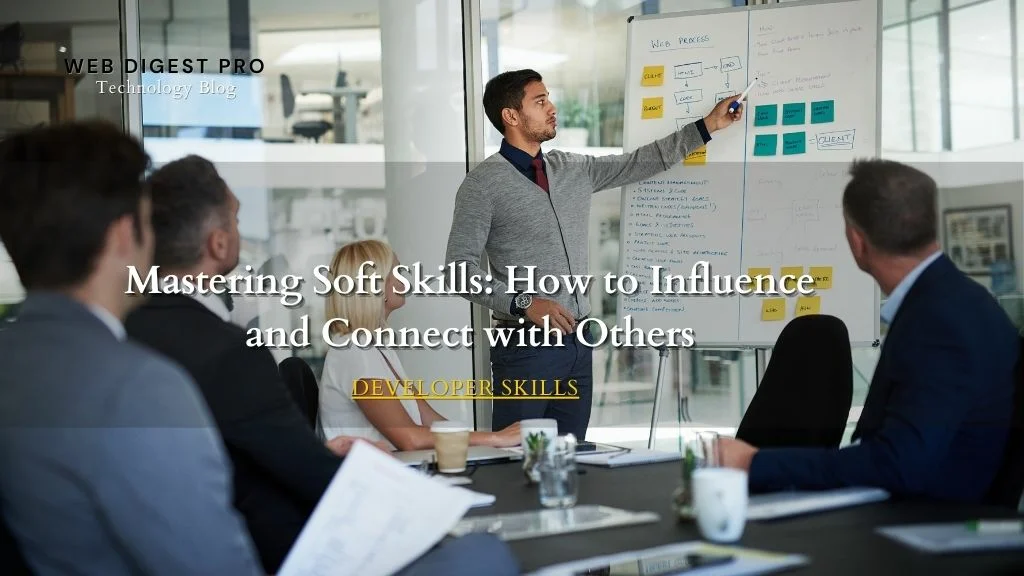


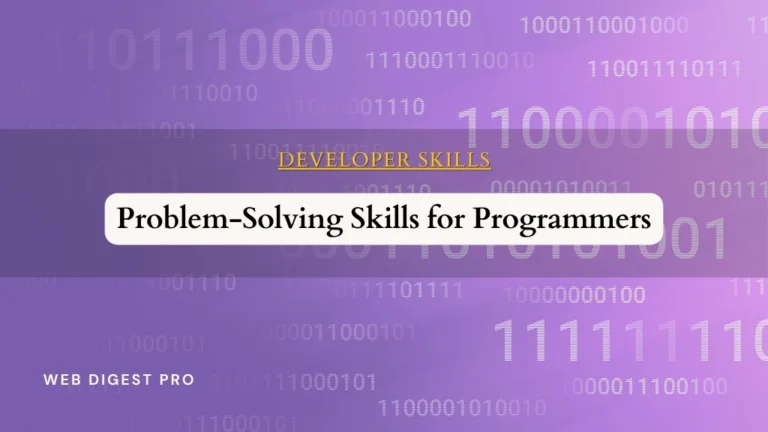

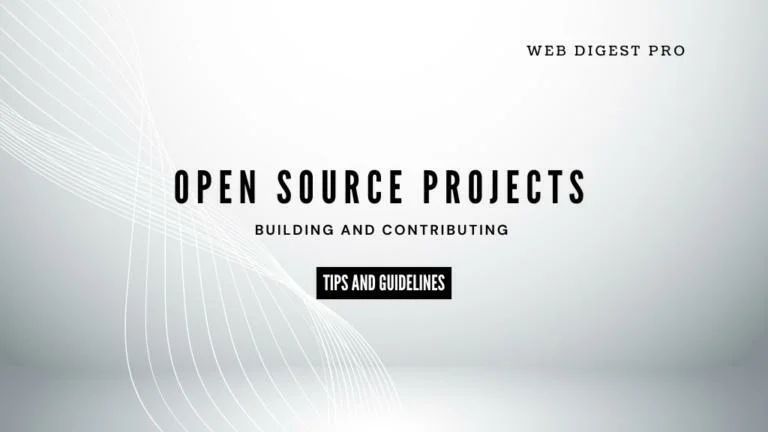

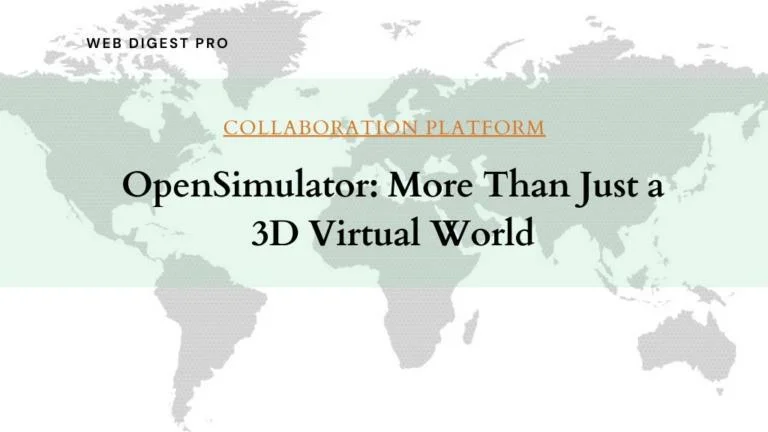
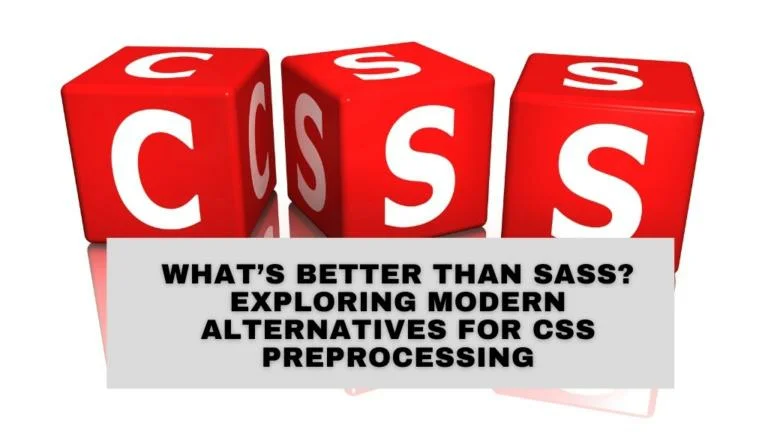

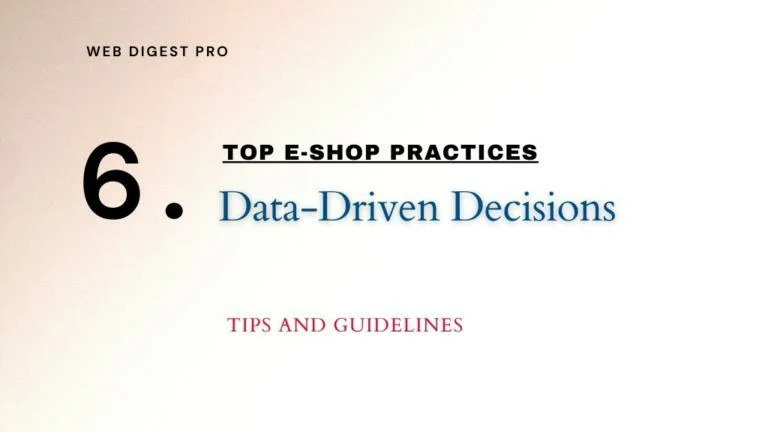

+ There are no comments
Add yours